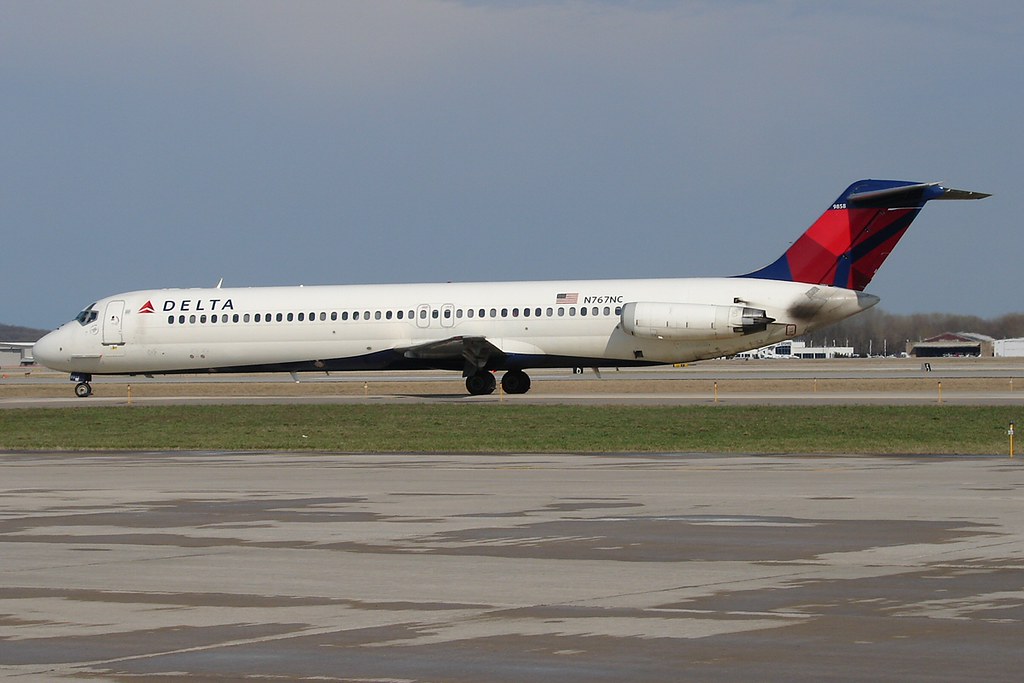Delta Air Lines is being fined $50,000 for asking three Muslim passengers to get off planes even after the airline’s own security officials had cleared them to travel.
Delta rejected that it discriminated against the passengers in two different incidents but agreed it could have managed the situations differently, according to a consent order issued Friday by the U.S. Transportation Department.
The department accused that Delta violated anti-bias laws by eliminating the passengers, and ordered the airline to provide cultural-sensitivity training to pilots, flight attendants and customer-service agents involved in the incidents.
In one of the cases, in July 2016 in Paris, a passenger informed a flight attendant that a couple made her nervous. The woman was wearing a headscarf, and — the other passenger claimed — the man inserted something inside his phone. The flight attendant stated she walked by and observed the man writing “Allah” several times while texting on his phone.
At the captain’s request, a Delta supervisor and security officer talked with the couple outside the plane. Delta’s corporate security officials reported that the couple were American citizens returning home to Cincinnati and “raised no red flags,” and they were cleared to fly, as per the consent order. But the captain declined to let them re-board the plane; they flew home the next day.
The Transportation Department stated it appears that the couple would have been permitted to fly but for their “perceived religion”.
The couple was not named in the consent order, but their representatives have named them as Faisal and Nazia Ali of the Cincinnati, Ohio, area.
The other case in the consent order took place about five days later in Amsterdam. Flight attendants and passengers complained about a Muslim passenger, but the co-pilot observed nothing unusual about the man, and Delta’s security office stated his record raised no concern.
The captain planned to start the New York-bound flight, then returned to the gate and had the man and his bags removed and the area around his seat searched. The person was not subjected to extra screening before boarding a later flight, which the Transportation Department stated showed that his removal from the first flight was discriminatory in nature.
The Council on American-Islamic Relations, which represented the Alis, has disputed the amount of the penalty.
Delta earned almost $4.8 billion last year, and for a company that profitable, “$50,000 is basically a slap on the wrist,” stated Karen Dabdoub, executive director of CAIR’s Cincinnati chapter.
“But it’s a good sign that DOT is taking this seriously,” Dabdoub added. “I’m glad to see that Delta received some sort of a sanction.”
The government has made no explanation regarding the size of the fine and how it was determined but said that it “establishes a strong deterrent against future similar illegal practices by Delta and other carriers”.
Delta has not agreed with the government’s contention of discrimination, but “Delta does not dispute that each of these two incidents could have been handled differently,” the government stated in the consent order.
Delta stated that in both cases, it acted based on the passengers’ conduct, not their identity, and its workers acted reasonably. In the case of the Alis, one of the complaining clients identified herself as a retired safety inspector for the Federal Aviation Administration, the airline added.
The Atlanta-based airline stated that after the 2016 incidents it improved its procedures for investigating suspicious conduct to make it “more collaborative and objective”.


